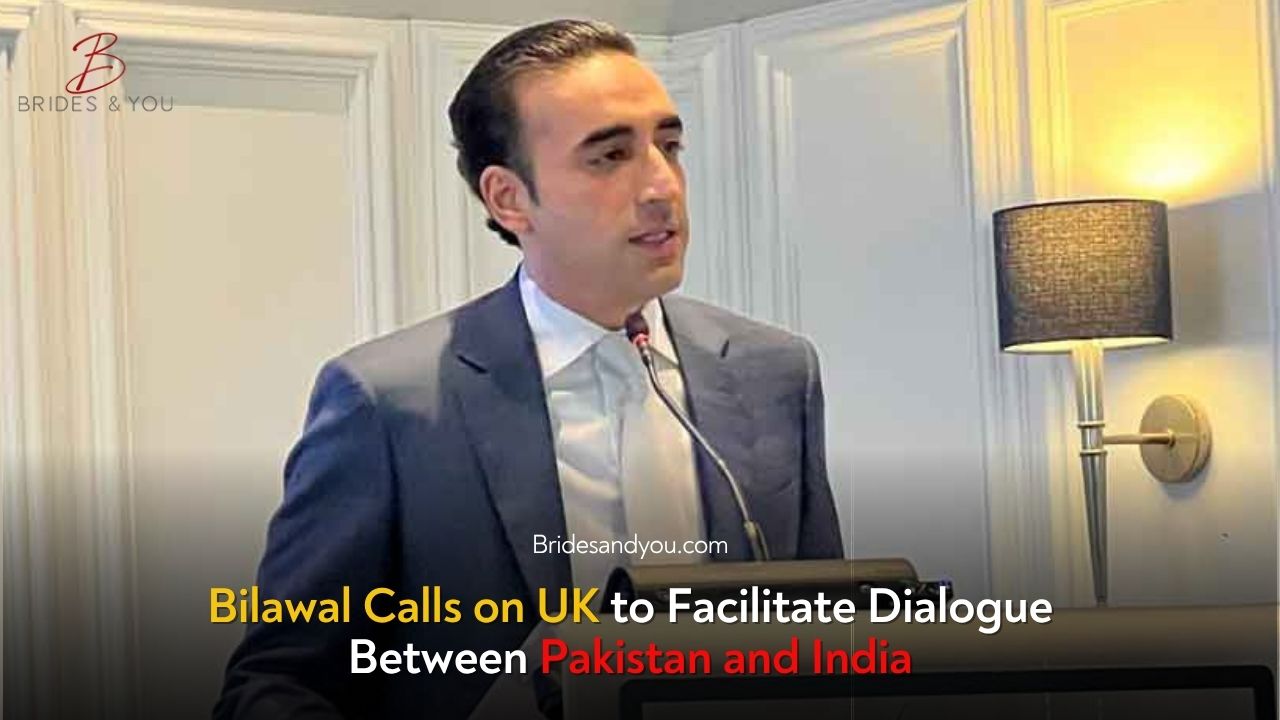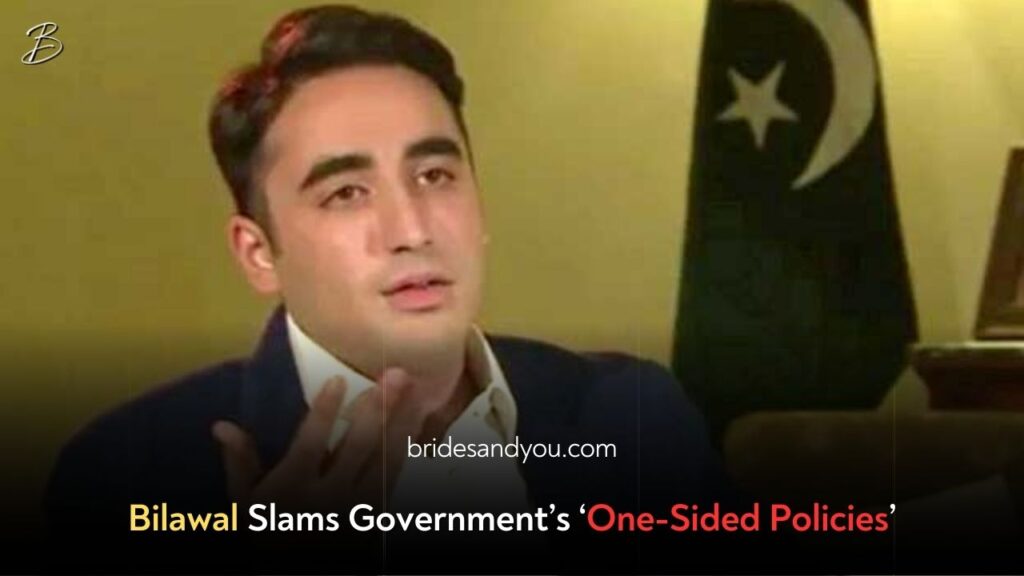Now Reading: Bilawal Bhutto Urges UK to Support Pakistan-India Dialogue for Regional Stability
-
01
Bilawal Bhutto Urges UK to Support Pakistan-India Dialogue for Regional Stability
Bilawal Bhutto Urges UK to Support Pakistan-India Dialogue for Regional Stability

In a recent diplomatic engagement in London, Pakistan People’s Party (PPP) Chairman Bilawal Bhutto Zardari urged the United Kingdom to continue playing a proactive role in facilitating Pakistan-India dialogue, emphasizing the urgency of peace and stability in South Asia.
During a high-level meeting with Hamish Falconer, the UK’s Parliamentary Under-Secretary of State for the Middle East, Afghanistan, and Pakistan, Bilawal led a Pakistani parliamentary delegation focused on addressing escalating tensions in the region, particularly following recent Indian military provocations.

UK’s Role in South Asian Peace Efforts
Bilawal Bhutto acknowledged and appreciated the UK’s past contributions toward regional peace and its consistent advocacy for diplomatic engagement. He stressed that the UK’s influence and historical ties to South Asia make it an ideal mediator in promoting de-escalation and peacebuilding efforts.
Falconer responded positively, reaffirming the UK’s strong commitment to preserving peace, encouraging restraint, and supporting constructive dialogue between both nations. He highlighted the UK government’s interest in playing an ongoing role in promoting peace and diplomatic solutions to regional challenges.
The Aftermath of the April 22 Pahalgam Attack
Bilawal took the opportunity to clarify Pakistan’s stance following the Pahalgam attack of April 22, 2025. He firmly rejected India’s premature allegations, asserting that no credible investigation had been conducted before making such claims. He highlighted Pakistan’s disappointment over India’s unilateral military actions, which led to civilian casualties and damage to infrastructure.
These aggressive moves, he warned, could lead to long-term destabilization in an already volatile region. Bilawal urged the international community, especially the UK, to discourage unilateralism and encourage diplomacy and rule-based solutions.
Indus Waters Treaty and the Humanitarian Crisis
One of the core concerns raised was India’s suspension of the Indus Waters Treaty, a landmark agreement that regulates river water sharing between the two countries. The delegation emphasized the humanitarian consequences of such actions, particularly for vulnerable communities in Pakistan who depend on these water sources for survival.
Bilawal called the UK’s attention to the urgent need to restore the treaty’s normal functioning and emphasized that turning water into a weapon is both unethical and a violation of international norms.
Kashmir Issue: The Core of Lasting Peace
Another key point of the discussion was the Kashmir dispute, which Bilawal described as the cornerstone of any lasting peace in South Asia. He advocated for renewed efforts to initiate comprehensive Pakistan-India dialogue that includes resolving the Kashmir issue in accordance with UN resolutions and the aspirations of the Kashmiri people.
He emphasized that any long-term peace strategy must address the root causes of conflict, including the suppression of fundamental human rights in Indian-occupied Jammu and Kashmir.
A Call for Responsible Global Engagement
Bilawal Bhutto Zardari concluded the session by reiterating Pakistan’s commitment to international law, the UN Charter, and peaceful conflict resolution. He warned against India’s efforts to normalize military aggression, which poses significant risks in a nuclearized environment like South Asia.
He urged global partners, particularly the UK, to discourage the establishment of a “new normal” of impunity and instead promote diplomatic engagement and mutual respect between neighbors.
Conclusion
As tensions simmer in South Asia, Pakistan’s appeal to the UK to play a mediating role in fostering Pakistan-India dialogue reflects a broader desire for peace, stability, and mutual coexistence. The emphasis on international law, humanitarian responsibility, and diplomatic dialogue highlights Pakistan’s approach to regional challenges in a responsible and mature manner.
The coming months will reveal whether these efforts lead to meaningful dialogue — or if geopolitical tensions continue to threaten peace in one of the world’s most sensitive regions.













